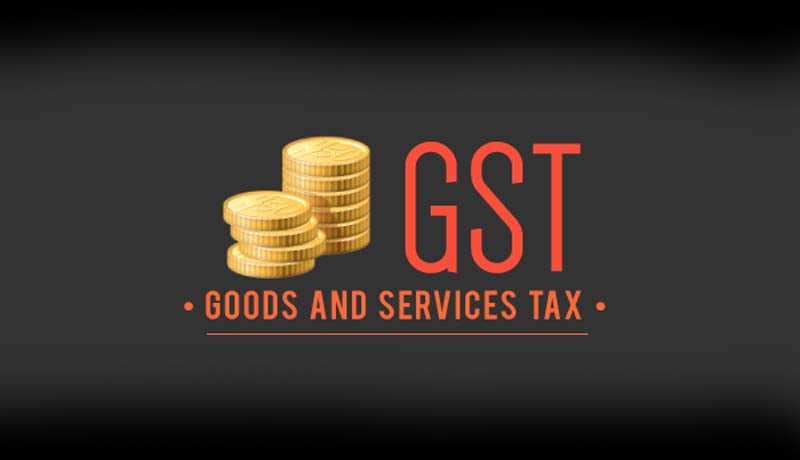Council approves SGST Bill: FM 'almost' confirms GST rollout in July

CBEC – Training – GST – Taxscan
CBEC – Training – GST – Taxscan
While the country heading towards the biggest tax reform, the Centre and states agreed on a draft law that will enable states and union territories to impose the Goods and Services Tax (GST).
The GST council approved the State GST and Union territories (UT-GST) Bills, while agreeing on capping cess on demerit goods at 15%, finance minister Arun Jaitley said after a meeting.
"The 12th Council meeting approved UTGST and SGST today. Officers had already done the groundwork, The drafts were circulated. In the past meetings, the Council has already approved CGST (Central GST), IGST (Integrated GST) and Compensation drafts," Finance Minister Arun Jaitley, who chairs the Council, told reporters here.
“The supporting GST laws will now be taken to the Cabinet and then to Parliament for approval,” he said.
Jaitley, who also heads the GST Council, said the government was hopeful that GST could be “tentatively” implemented from July.
Reportedly, the council proposed higher taxes on demerit products like tobacco and pan masala. On Pan masala, the proposal is levy a 135% duty on the value of the item (ad valorem duty). On tobacco and tobacco products, the proposal is to charge Rs 4,170 per thousand stick or 290% ad valorem or a combination of both. Further, the cess on tobacco products and luxury goods has been capped at 15 per cent by the Council.
On March 4, the Centre and states agreed on two draft laws needed to roll out GST, a move that will likely make a range of services, including eating out and mobile internet, cheaper.
The GST council has already approved the draft of the Central GST and Integrated GST bills. These will now be ratified by Parliament and the states.
After the March 4 meeting, Jaitley expressed confidence in sticking to the July deadline for GST roll out. Government sources said the GST legislation will likely be taken up as money bills during the second half of the Budget session starting March 9. This means they can’t be rejected by the Rajya Sabha, where the Modi’s government doesn’t have a majority. The proposed GST will have four tax slabs of 5%, 12%, 18% and 28%. Farmers and small traders are exempt. Some states wanted a higher cap at 40% to obviate the need to go to Parliament every time taxes have to be raised on certain goods and services.

